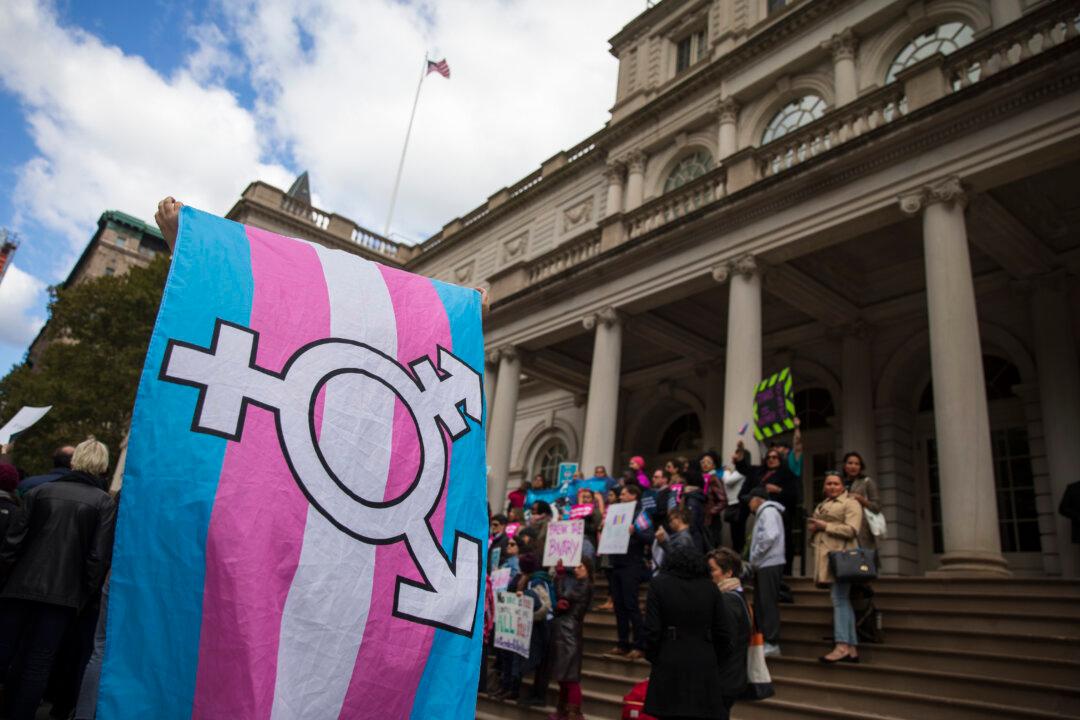Commentary
On Nov. 21, 2021, James Button, writing in the Sydney Morning Herald, described and evaluated a most interesting debate on gender, sex, and power. It concerned an occurrence at the University of Melbourne where colleagues of an associate professor of philosophy vilified her for opposing the consequences of the implementation of Victoria’s amendments to its births, deaths, and marriages registration law.





